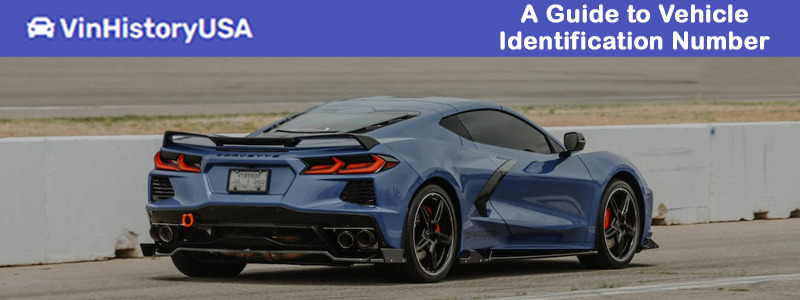Conducting the VIN number search is simple! However, first you’ll need to locate the VIN number of your engine. It is possible to find the VIN on a vehicle’s Rego sticker or certificate of origin, or on insurance documents and at the plate of compliance inside an engine’s bay. It can also be found on the passenger side of the windshield or on the doors’ posts (where you can latch the doors once it’s shut).
After you’ve located the VIN You can then enter it through the VIN checker available on our site. Then, you’ll be able to choose the type of VIN number you’re seeking.
There are two types of reports we offer: one report that is a basic report and an extensive CarHistory report. The standard VIN decoder report contains the most important vehicle specifications , along with details about whether the car has been stolen before and
details about Free Title Lien Check VIN
the current and previous regos and insurance
Finding out if a vehicle is in financial trouble is an essential part in the assessment of risk that you need to do when purchasing a second hand vehicle. If a previous owner holds outstanding financial obligations against your car and is unable to pay the outstanding debt, the vehicle is able to be seized at any time , regardless of who the owner is.
It is crucial to understand the items you purchase when purchasing a car. One way to conduct your proper due diligence would be to perform a title search using VIN (vehicle Identification number).
Its VIN number is processed by the National Motor Vehicle Title Information System (NMVTIS) it is an online consumer protection database that offers titles from all states in the nation. The report provided by the NMVTIS database will provide you with the history of the title on your vehicle and if the vehicle ever was at the disposal of an abandoned or salvage yard or was declared as a “total loss” by an insurance firm.
The ability to check the vehicle’s records is essential in taking an informed choice about buying a car. If you’re purchasing from a local dealer or an individual, or considering a purchase through an auction website It will allow you know the details of what you’re buying prior to you make any payment or sign any papers for the car.
What exactly is a car identification number (VIN)?
The VIN is the fingerprint of the car’s uniquely unique vehicle identification consisting of 17 letters (digits as well as capital letters). Each segment of the VIN refers to the unique characteristics of the car specifications, specifications, models, as well as other details.
Where is where to find the VIN number?
It is possible to find the VIN on the outside of the car by taking a look at the dashboard located on the driver’s side, or on the jamb on your driver’s side. The VIN is also printed in the vehicle’s title registration of the vehicle and insurance papers.
What happens if my VIN does not decode?
Be sure to copy all the 17 letter-and-number combinations of the VIN in the correct order. Verify that it contains those letters O (o) and I (i) as well as the letter Q (q). The standard format doesn’t contain these letters in order so as to not confuse numbers 0 1, 9, and).
Who would a car report be for?
A report on the history of a vehicle is primarily designed for buyers as well as sellers of used vehicles. If you own a car it is possible to obtain a car history report that you can provide to potential buyers when you decide to sell your vehicle. If you are looking to purchase an used vehicle, you’ll need to conduct an VIN check to be sure that it didn’t have significant problems prior to purchase
Vin autocheck
AutoCheck provides basic information for no cost, such as the make, model and the country in which it was manufactured. Paid reports provide details on flooding, theft, or accident damage. They also assign an overall score for the particular vehicle, allowing you to examine it against other vehicles from the similar model year. Paid reports are available as the cost of a single report at $24.99.


